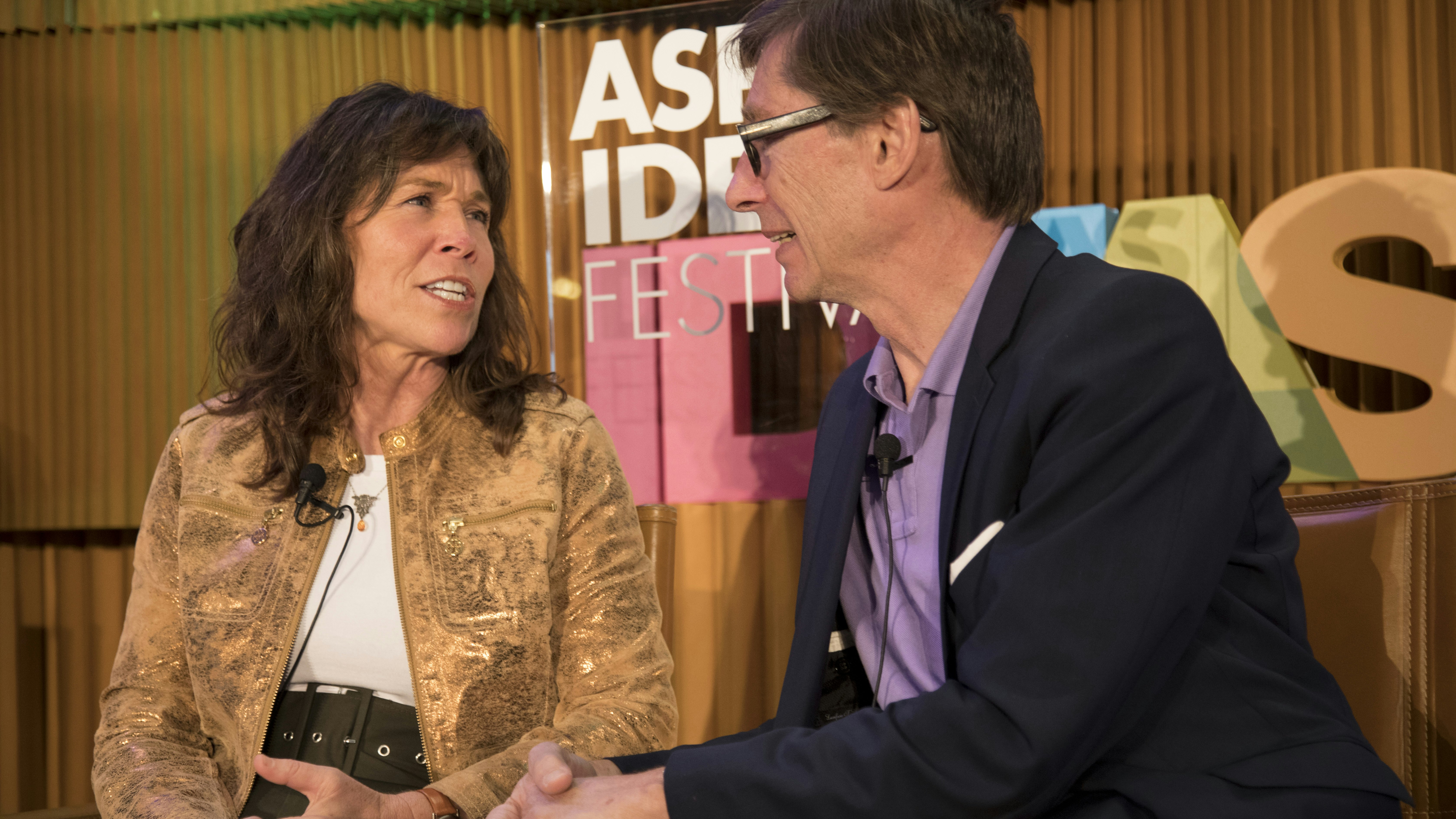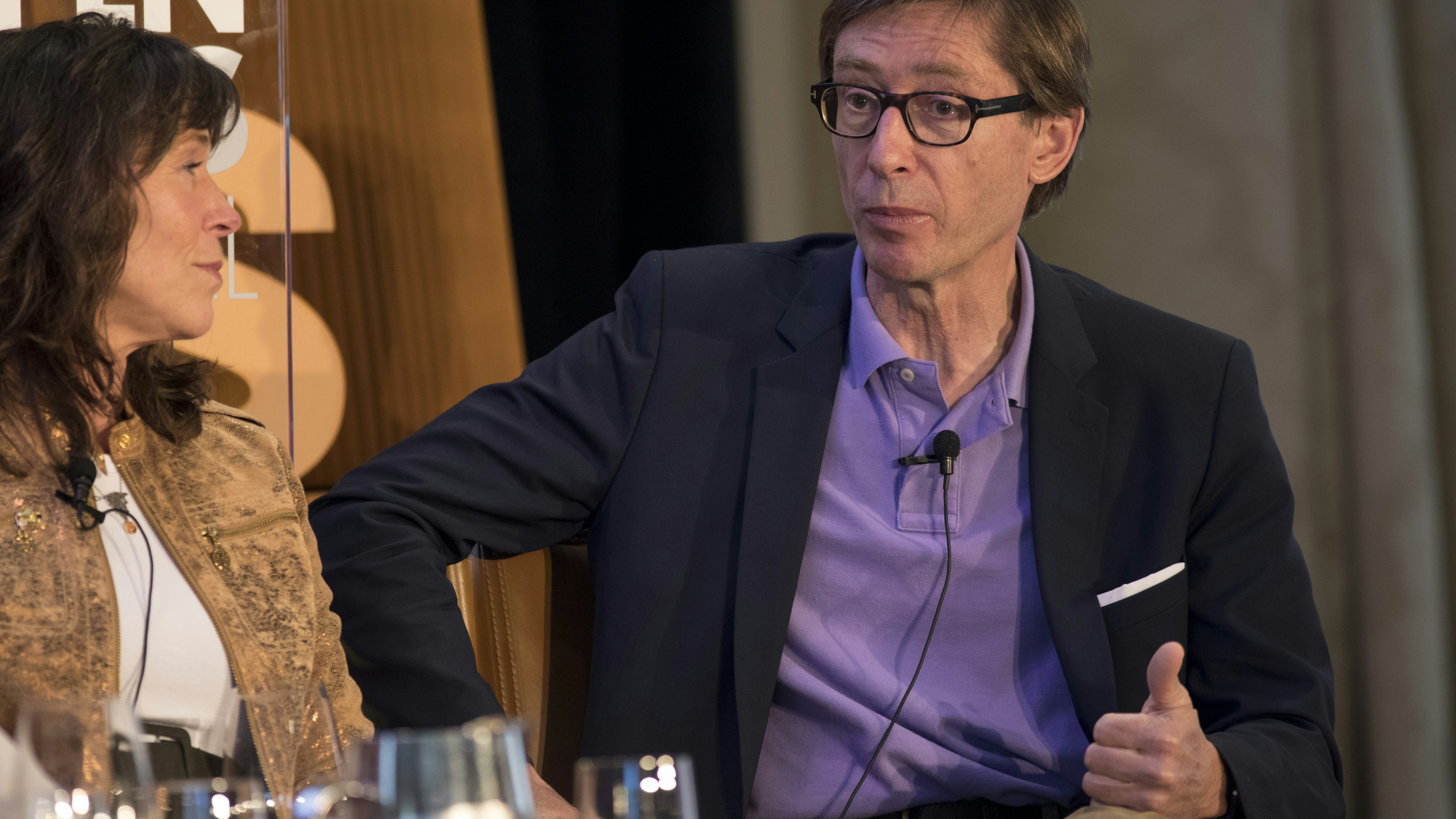
Russia: The World's Outlaw State
Setup
Russia is increasingly acting as an outlaw state across the international stage—undermining European democracies, harassing US diplomats, harboring sophisticated cybercriminals, and testing Western alliances. What’s behind these actions, and how should the United States, Europe, and the West as a whole respond to the rising belligerence of Putin’s Russia?
Speakers
-
 Andrew WeissVice President for Studies, Russia and Eurasia Program, Carnegie Endow...
Andrew WeissVice President for Studies, Russia and Eurasia Program, Carnegie Endow... -
 Steve ClemonsEditor in Chief, AtlanticLIVE; Washington Editor at Large, The Atlanti...
Steve ClemonsEditor in Chief, AtlanticLIVE; Washington Editor at Large, The Atlanti... -
 Peter WittigAmbassador to the United States, Embassy of the Republic of Germany
Peter WittigAmbassador to the United States, Embassy of the Republic of Germany -
 Kori SchakeDefense policy expert at AEI
Kori SchakeDefense policy expert at AEI -
 Evelyn FarkasNonresident Senior Fellow, Atlantic Council; President, Farkas Global...
Evelyn FarkasNonresident Senior Fellow, Atlantic Council; President, Farkas Global...
Ideas
- The Kremlin acts as a Mafia state
- To counter Russian aggression, both dialogue and strength are essential
- The goal of Russia’s belligerence is to divide the West—and it’s working
- When Russia violates international norms and laws, Western nations fumble the response
- Russia is cracking Western unity, to Russia’s benefit
The Kremlin acts as a Mafia state
How does Russia views itself in the modern world and what motivates their actions? Is Russia’s attempt to return to a bipolar global power structure driven by the humiliation they felt after the collapse of the Soviet Union?
Kori Schake argues that the Kremlin has attempted to reassert Russia as an alternative to the United States and the western, post-World War II international order, but their nefarious methods and disingenuous arguments should be rejected.
One common thread the panelists all agree on is that Russia yearns to return to a world power and are strategically challenging the United States and the west.
To counter Russian aggression, both dialogue and strength are essential
Peter Wittig speaks from decades of European diplomatic experience when he fields a question from Steve Clemons about the West’s complicity in its hostile relationship with Russia.
Wittig thinks that a double-pronged approach of pushing back against Russian aggression while maintaining open communication with the Russian government is vital for mending relations between Russia and the West.
He supports resilient actions, including diplomatic and military maneuvers, when Russia acts with malice. However, Wittig adds that when countries respond seeking only to isolate Russia, critical channels for dialogue are lost that may preempt more severe conflicts in the future.
The goal of Russia’s belligerence is to divide the West—and it’s working
Dismissing the idea that Russia acts out of impulse, Schake instead asserts that Russia aims to weaken alliances throughout and between Western countries it sees as existential threats. Though the methods behind Russia’s attacks vary, such as harassing diplomats and leaking sensitive information obtained through cyberattacks, the end goal is usually the same.
Schake explains Russia's motivations in detail:
When Russia violates international norms and laws, Western nations fumble the response
When Clemons asks why the West’s response to Russian aggression is so “pathetic,” the panelists dive deep. Instead of “playing by the rules,” Russia time and again violates long-standing norms by entering legal and political grey zones to which the West does not know how to respond.
Putin dares Western countries to escalate conflicts that they are not sure meet thresholds to trigger in-kind reactions. The heated discussion below shows just how difficult formulating a response Russian cyberattacks can be:
This exchange has been edited and condensed for clarity. Watch the full exchange on video.
-

Evelyn Farkas: I think we are still grappling with how does one – what are the rules for cyber operations, offensive or defensive? And we’re not comfortable going farther than we have to for obvious reasons, because people will start mimicking us.
-

Andrew Weiss: There’s a simple answer on this which is that, when Barack Obama, who’s had to make a lot of tough calls during his presidency, is confronted with, do you punch back, the reality was that the United States has the sharpest rocks in cyberspace—to borrow the line from one of our former cyberoperators—but it lives in the glassiest house. And so our society is simply more digitized and more vulnerable to an escalatory spiral where the Russians could keep imposing pain -
-

Steve Clemons: But it would be nice to see a little example of those rocks, you know? I mean, I would have loved to see it -
-

Kori Schake: So I too would have loved to see President Obama actually use the tools of a free society in the fall of 2016 to admit that three different times the Russians had already penetrated American government systems.
Russia is cracking Western unity, to Russia’s benefit
In the final minutes before Q&A, Wittig steers the conversation toward his assertion that the West is losing the upper hand against Russia. Watch as he and the rest of the panelists discuss the paradigm-changing implications of Western disunity:
Learn More
Additional Information
Resources
The Perfect Weapon: War, Sabotage and Fear in the Cyber Age by David E. Sanger
International Institute for Strategic Strategies
Explore More
USA

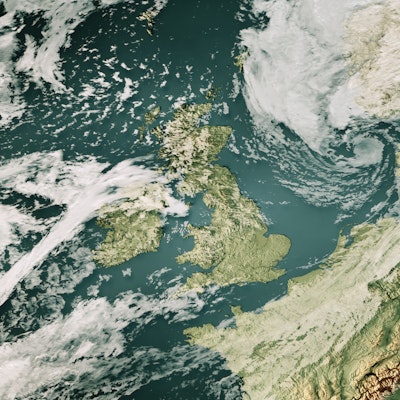
Scholars are still uncovering information about Britain’s involvement in the transatlantic slave trade and its era of slavery, piecing together how the wealth generated from t...


Many more Americans are struggling to survive and make ends meet than is typically portrayed in the media and public policy debates. And when poverty is depicted, harmful and...


Relations between the United States and China have become increasingly tense over the past few years. Trade wars have escalated, and U.S. national security experts are bracing...


America’s “second founding” came on the heels of the Civil War, when the architects of the 13th, 14th and 15th amendments thought long and hard about how to enshrine civil rig...


It’s been decades since the United States has updated its immigration policies in any sort of comprehensive way, and the problems and suffering at the southern border have per...
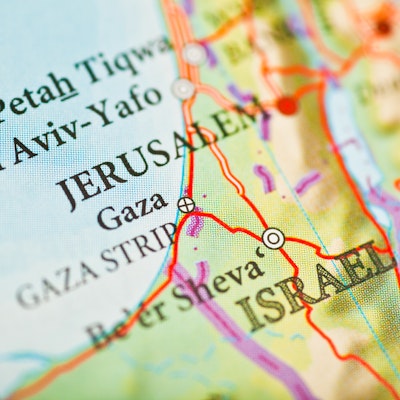
Three people whose lives have been irrevocably changed by the Israel-Palestine conflict share their stories of profound loss, grief and forgiveness.


Whether they publicly tout it or not, U.S. technology companies play a powerful role in politics, cultural issues and the way we live. Founder and investor Peter Thiel is one...

The 2024 presidential election is only months away, and the past few weeks alone have brought shocking headlines that change the political ground we stand on — an attempted a...


Sizable electorates around the world are flocking to populist candidates who promise power, domination and a return to better times. The global experiment in liberalism seems...


Conflict and suffering can bring out the worst in people, but it can also bring out the best. This is one of the lessons New York Times columnist Nicholas Kristof has learned...

The war in Ukraine continues to reshape European security and global alliances, while the war in Gaza raises urgent questions about humanitarian aid and international interven...


The federal right to abortions in the United States has been overturned, access to contraception and IVF services are threatened in many states, and the gender wage gap persis...
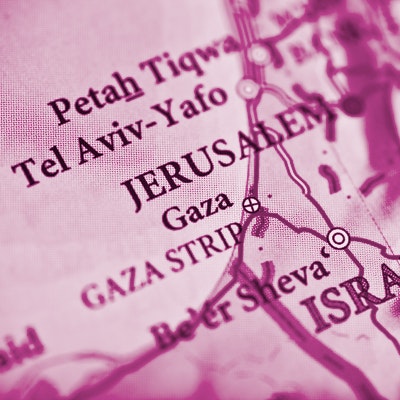
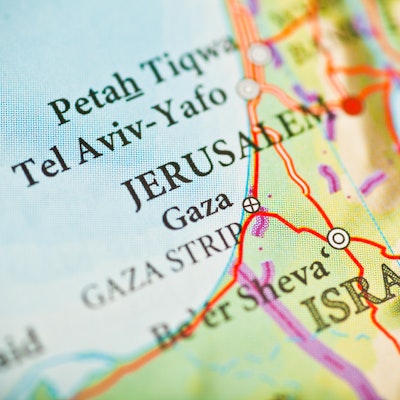
The grim stream of news from the Middle East has been making it more and more difficult to hold onto hope for peace. When and how will the conflict in Gaza end? And could war...

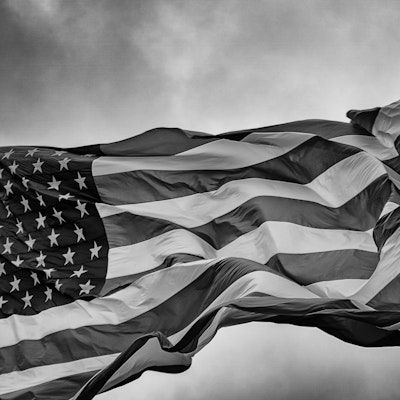
The Supreme Court has issued another series of controversial and consequential decisions this term, fueling discussion on the current state of the judicial branch. Recent poll...
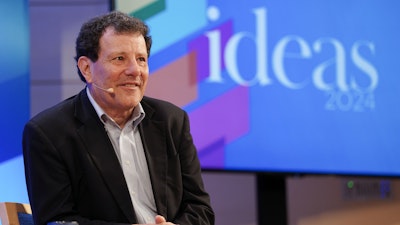
As one of the foremost reporters of his generation, Nicholas Kristof has been witness to century-defining events and atrocities around the world. How has he managed to weaponi...


The rollback of reproductive rights, the push to end no-fault divorce, and gun laws that allow domestic abusers to own a firearm are turning the clock back on women’s rights....

Americans feel more polarized than ever, but two governors from opposite sides of the aisle have made it their mission to show otherwise.

Former Senators Bill Nelson and Kay Bailey Hutchison discuss the bipartisan work that defined their careers, suggest ways for today’s elected officials to find common ground,...

As the Supreme Court concludes another contentious term, it is once again reshaping the legal landscape. With cases on abortion, gun rights and social media — and potentially...




